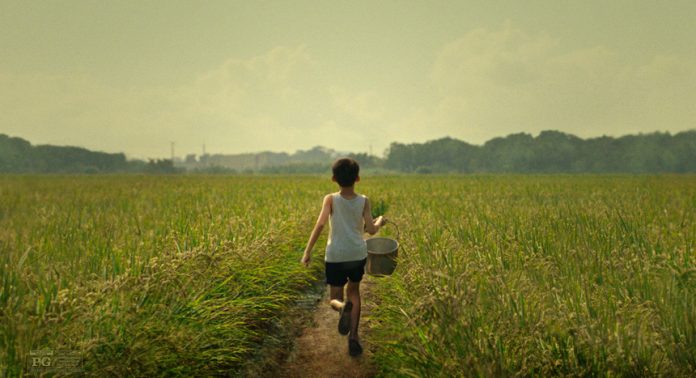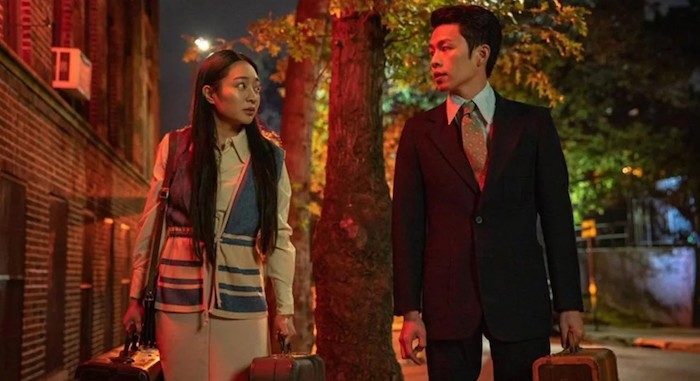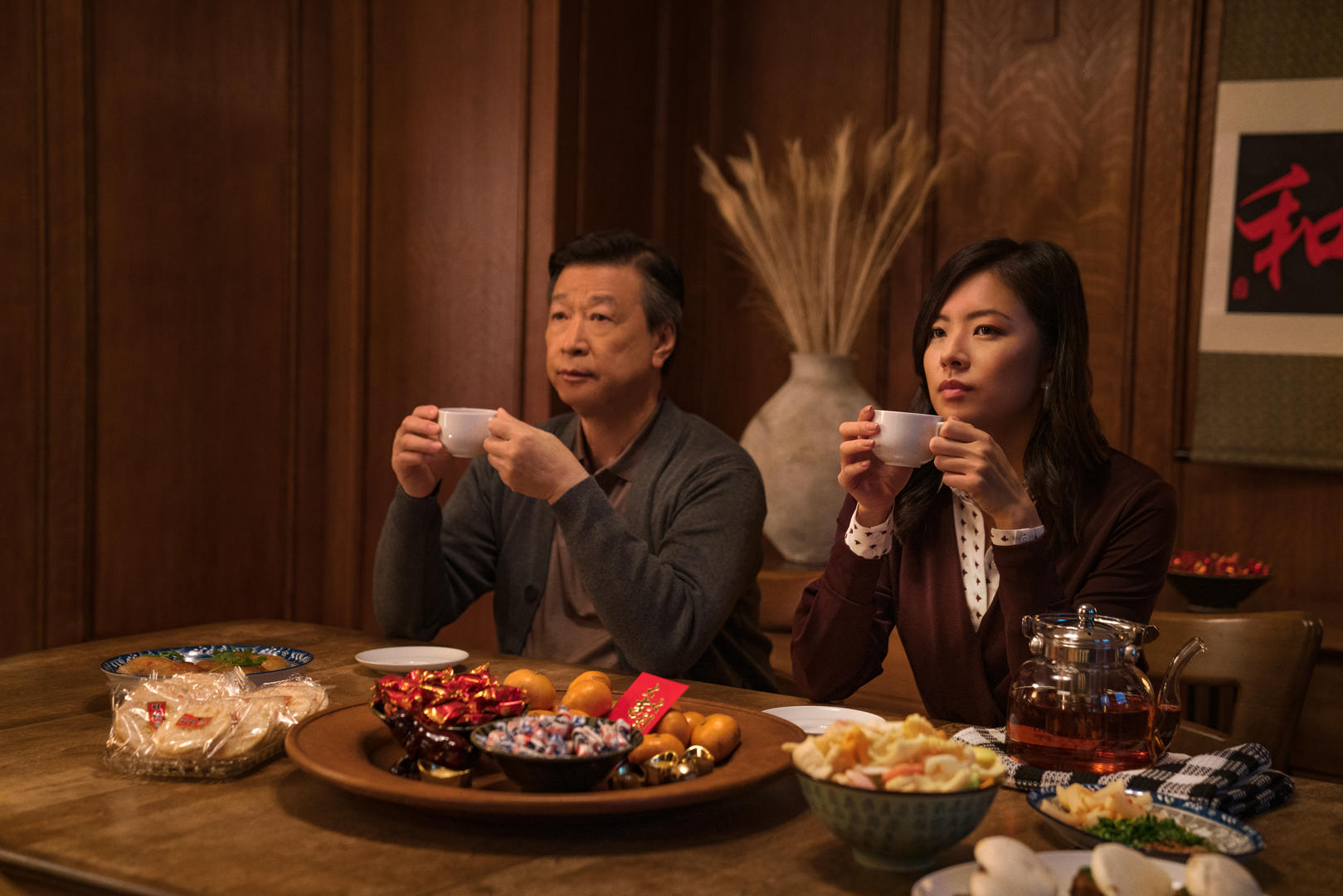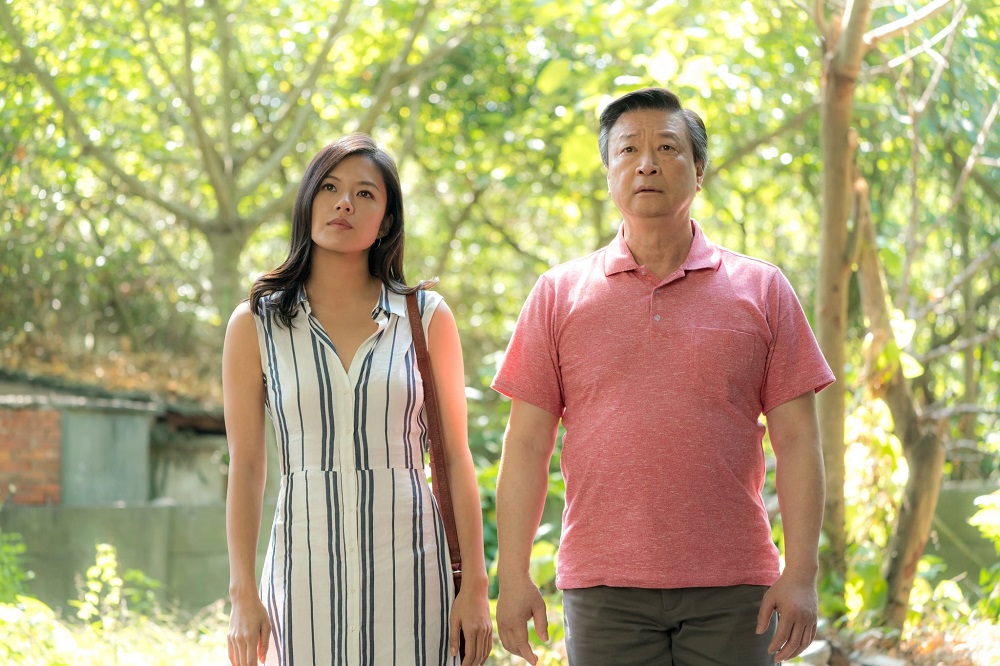Directed by Alan Yang, ‘Tigertail’ is the story of a man who revisits the important moments of his life while treading a difficult relationship with his daughter. It is a heartfelt story of love and loss, the kind that makes you re-evaluate your own life. There are several things in the film that touch your heart, but it is the ending that melts you entirely. If you haven’t yet caught up with the film, head over to Netflix. SPOILERS AHEAD
Plot Summary
We witness Grover’s story in two timelines. In the first, we see the various twists and turns in his life, starting from his childhood. In the second, we find him in less turbulent times. While his youth is the time for making difficult choices, learning from mistakes, and accepting his fate, we see him calmer and more settled down in his old age. However, he is yet to learn his biggest lesson.
The Ending, Explained

Throughout the film, we find Grover emotionally distant from his daughter. He had exhibited this with Zhenzhen, but the reason behind it could have been the fact that he was in love with someone else. One would expect him to be softer with his children, but he exhibits the same impassive front with Angela as well. In the end, however, as they take a trip through his hometown and he finds his house in a dilapidated condition, he finally breaks down. What does that mean for Grover?
To understand what happened here, we have to go back to the beginning and pay attention to the major influences in his life. Interestingly, all of the times when he went through a change in, his decisions were shaped by a woman. In the first scene, we meet him running through the rice field, chasing after the hallucination he had of his parents. He misses them terribly and cries about it. However, his grandmother chastises him and tells him to stop crying. It won’t solve anything. She also tells him that he speaks too much.
When we meet him in his old age, we find Grover to be precisely what his grandmother had told him to be. His mother is dead, but he doesn’t cry over it. In fact, we don’t see him crying in the entire film, which means through his entire adulthood. He stays true to the mantra, and while it does help him at the time, it creates problems for him further. His emotional detachment allows him to suppress the yearning for his parents, but later, it makes his daughter long for him even though he is right in front of her.

The next woman in his life is Yuan. He finds a friend in her, and spending time with her makes him forget about his parents. He is not sad anymore. They get separated for a while but find each other again in their youth. She brings out the life in him. He is wilder and happier around her. Even in the later years of his life, it is Yuan who reignites his spark and changes his approach towards Angela. However, there is another, more important woman in his life that he has to think about- his mother.
She has been through all kinds of hardships to raise him, and she continues to do so even when he, too, has a job. He wants to earn enough so that his mother doesn’t have to work anymore. An accident at the factory makes him even more desperate to go to America and make more money. And so, he takes a decision that defines the rest of his life. It later comes to light that his mother didn’t want to leave Taiwan. She doesn’t come to America, as he had hoped, which is what makes it look like his sacrifice had been in vain.
His decision to go to America affects the lives of three women. He leaves behind Yuan, who has no idea why he left. He leaves behind his mother, whom he fails to provide all the things he had hoped. He marries Zhenzhen, who gets caught up in an unhappy marriage, not knowing why her husband keeps his distance from her. He causes unhappiness for all three of them, and the collective responsibility of it isolates him even more.

Another thing that breaks him is the US. America had been his dream, but it also becomes the place that crushes his dream. He had thought about turning his life around here, but in the end, he wonders if it would have been better never to leave home in the first place. The contrast in the various phases of his life is highlighted through his surroundings.
In his childhood, he is in the lush green fields, in the lap of nature. In his youth, his life swings from the tiring factories to the joy of being with Yuan. Leaving behind this exciting relationship, he finds himself in a cramped apartment in New York, where things can’t fill the distance between him and his wife and he feels trapped.
The last woman to change his life is his daughter. For most of it, he keeps herself dissociated from her. He brings her up in the same way and the same values with which he was brought up. He takes Yuan’s advice and opens up his life to Angela. On a trip that makes it look like his entire life is playing out in front of him, he allows her to see how similar both of them are. In turn, he allows himself to cry.
This time, however, he is not reprimanded for it. He is not asked to man up or keep his emotions in check because they will not bring back all the things he has lost; it will not undo his wrong decisions; it will not give him a reprieve from his regrets. Instead, he is understood, and this means he doesn’t have to close himself ever again.
Read More: Best Chinese Movies of 2019


You must be logged in to post a comment.